Elon Musk has revealed Tesla’s transition from batteries to hydrogen power in 2024. This unexpected shift, highlighted by the introduction of the Model H, marks a significant departure from Musk’s previous skepticism about hydrogen fuel cells.
Tesla, renowned for its pioneering efforts in electric vehicles (EVs), has been at the forefront of sustainable transportation. The move towards hydrogen fuel cells signals a response to challenges faced in mass-producing the 4680 battery, prompting the company to explore hydrogen as an alternative solution.
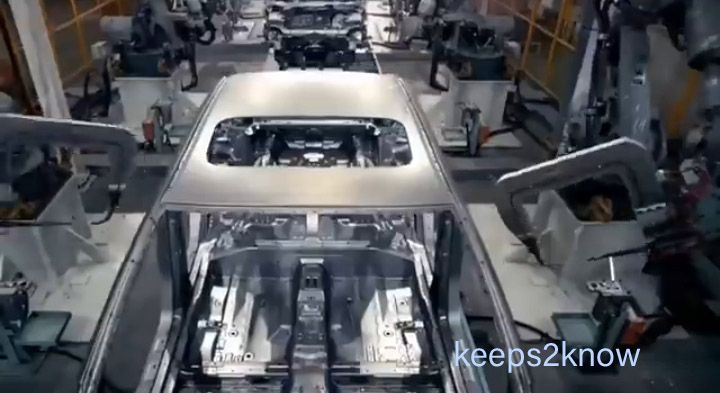
A Surprising Reversal and the Model H Unveiling
Elon Musk, a vocal critic of hydrogen fuel cells in the past, surprised the tech and automotive community by endorsing this technology. The first vehicle to utilize this new fuel source will be named the Model H, representing a pivotal moment in Tesla’s quest for innovative and eco-friendly solutions.
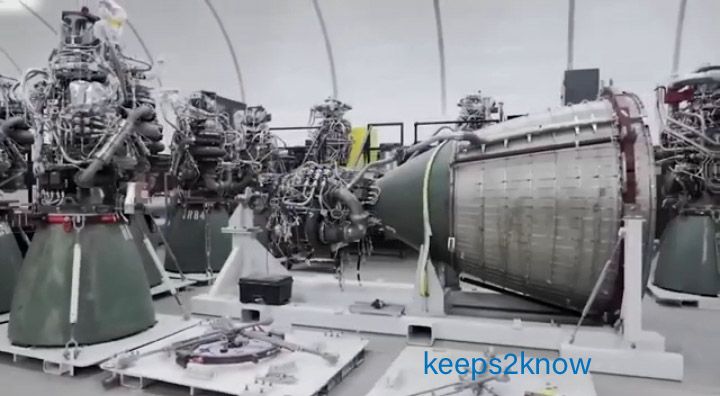
Hydrogen Fuel Cells: A Transformative Alternative
Hydrogen fuel cells have gained prominence as an alternative to traditional EV batteries, addressing issues such as long charging times and range anxiety. Positioned strategically within a vehicle’s components, fuel cells collaborate with electric engines and hydrogen tanks to generate energy through a process called reverse electrolysis.
In this process, hydrogen reacts with oxygen to produce electrical energy, continuously charging smaller batteries and ensuring a constant supply of electricity. The byproduct of this reaction is water vapor, released harmlessly into the air, providing an environmentally friendly alternative to traditional combustion engines.

Advantages of Hydrogen Fuel Cell Vehicles
While electric vehicles are known for their silent rides, hydrogen fuel cell cars take it a step further with a swift refueling time. Unlike electric cars, which may take hours to charge fully, hydrogen fuel cell vehicles are ready to go as soon as their tanks are filled, offering a more convenient and efficient driving experience.
The Model H, set to debut in 2024, promises a notable range and rapid refueling, further enhancing the appeal of hydrogen fuel cell technology. As the automotive industry pivots towards cleaner energy solutions, Tesla’s embrace of hydrogen power signifies a significant step in advancing sustainable transportation.
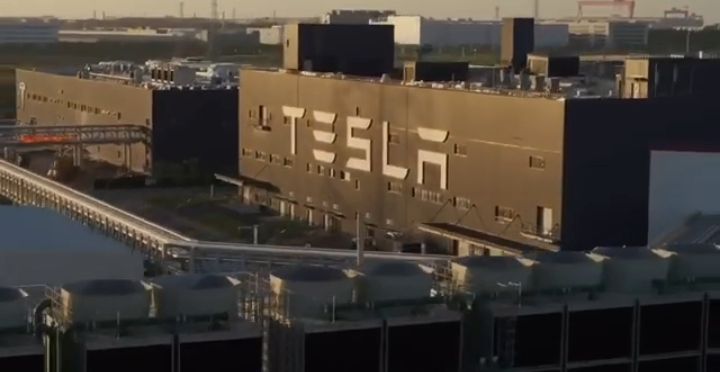
Environmental Impact and Future Prospects
Despite initial skepticism, hydrogen fuel cell technology is gaining traction due to its potential environmental benefits. The byproducts of this technology, particularly when sourced from renewable energy, contribute to a neutral carbon footprint. Scientists and advocates believe that as the infrastructure for hydrogen production and distribution develops, this technology will become increasingly viable.
Elon Musk’s announcement has sparked discussions about the future of EVs, the role of hydrogen in transportation, and the potential impact on global ecological sustainability. As Tesla ventures into this new frontier, the Model H represents not only a paradigm shift for the company but a potential catalyst for transformative change in the automotive industry.






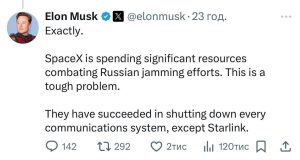




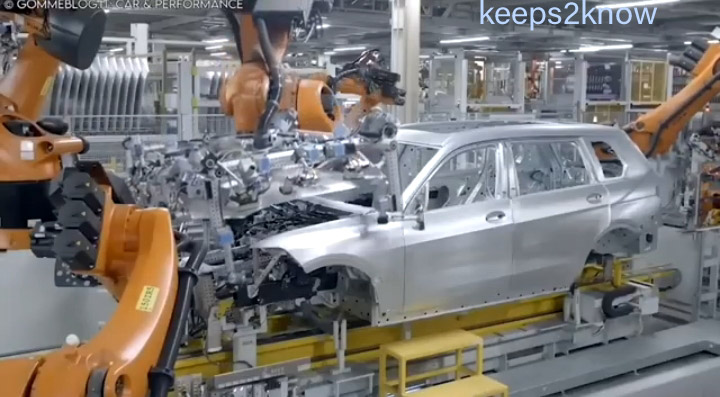














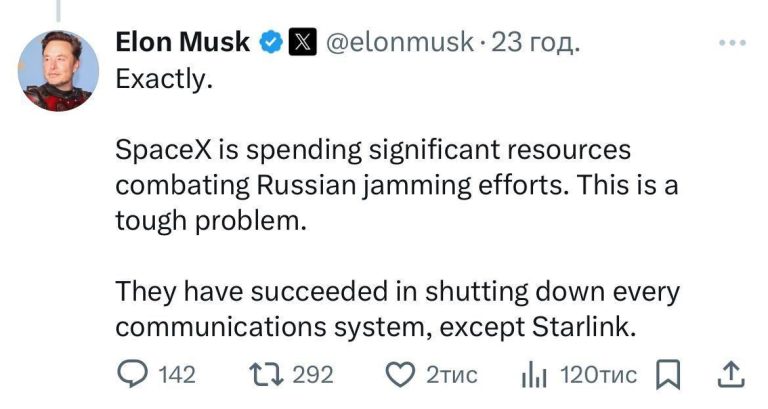

+ There are no comments
Add yours